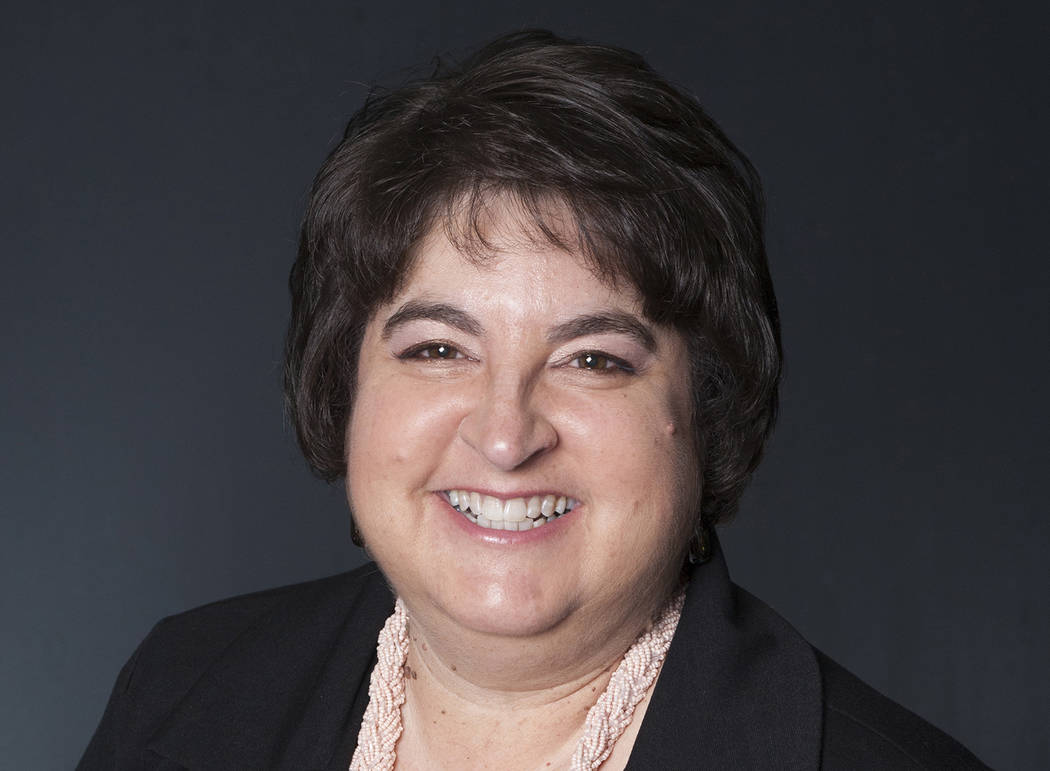
They. It’s a simple word. A pronoun. A word whose grammatical use we most likely first learned about in elementary school.
Simply put, it describes a group of people. We use it when talking or writing about a group of people rather than an individual. So when our friends Dick and Jane, with whom we learned to read, are together, we use a sentence structure that would say “They found a dog named Spot.”
But the use of they is not so simple anymore.
That is why it is Merriam-Webster’s word of the year, which was announced Tuesday.
The authority on word use and spelling says lookups for they increased 313 percent last year. That’s a lot of people curious about a common word most of us are quite familiar with.
Why?
It’s because they and its corresponding object pronoun them are now being used for those whose gender identity is nonbinary, meaning people who don’t identify with being a he or a she.
For a word that is inclusive by its very nature, its new use is a good choice.
While many of us have often used they when the gender of a person was unknown, its gender-neutrality has increased on social media and in the news.
According to Merriam-Webster, the American Psychological Association’s blog officially recommended that they is preferred in professional writing instead of using he or she when referencing a person who prefers they or if that person’s gender is unknown.
For writers, one of the biggest challenges about using they when referring to an individual is having the subject and predicate agree. There’s an entire chapter devoted to making sure writers know how to do this in E.L. Callihan’s book “Grammar for Journalists,” which has been a staple on my desk since before I graduated from college.
As an example, I would normally write “He is talking” or “They are talking,” referring to the activity of an individual or group of people, respectively. But if I am using they to refer to an individual’s action, the sentence would now be “They is talking,” which sounds to me like I might need to reread my book on grammar.
It’s a problematic situation and might be more appropriate for Dictionary.com’s word of the year: existential.
The word was chosen because, according to Dictionary.com, “it captures a sense of grappling with the survival — literally and figuratively — of our planet, our loved ones, our ways of life.”
While it’s true that having one’s subject and predicate agree grammatically is not a literal life-or-death situation, for me and other writers it’s a big ripple in our way of life.
It’s parallel to when The Associated Press changed its style from “under way” to “underway” in 2013, dropped the use of the hyphen in March when creating compound words or allowed the use of the percent sign instead of spelling out “percent” in September. Some of these changes are just unnatural to us “style junkies.” It’s a real struggle.
Existential inspires questions about who we are and what we need to do when faced with challenges. When thinking about these types of issues, we are reminded that we can make choices to change, to answer those questions.
And so I’m trying. I want to be respectful of the reasons behind the changes. I know they will appreciate that.
Hali Bernstein Saylor is editor of the Boulder City Review. She can be reached at hsaylor@bouldercityreview.com or at 702-586-9523. Follow @HalisComment on Twitter.